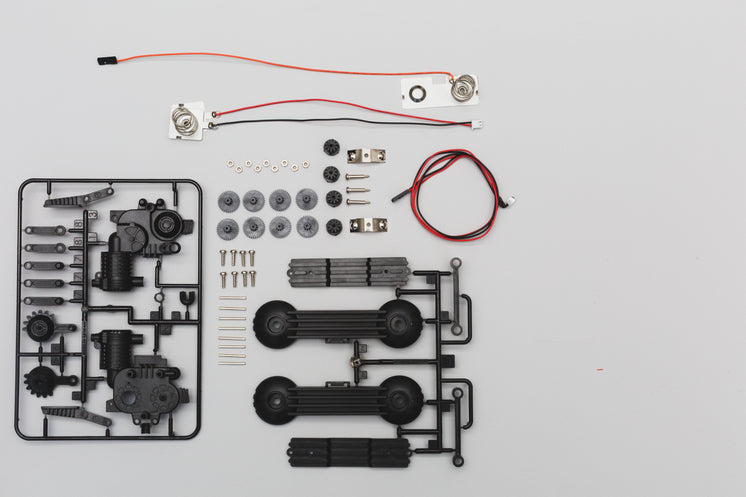Innovations in Energy Management ICs
페이지 정보
작성자 Raleigh 작성일 25-07-26 09:45 조회 3 댓글 0본문
One of the major innovations in battery management ICs is the integration of machine learning algorithms. By leveraging AI, battery management ICs can predict and mitigate various factors that affect battery performance, obsolete electronic parts such as state of charge, battery health, and temperature. This enables battery management ICs to optimize battery performance, extend battery lifespan, and minimize the risk of battery failure.
Another significant advance in battery management ICs is the integration of voltage and current regulation. Traditional battery management ICs were limited to controlling battery voltage and current. However, modern battery management ICs now integrate power management functions. This enables battery management ICs to provide comprehensive power management capabilities, enhancing the reliability and efficiency of battery-powered systems.
In addition to predictive analytics, innovations in battery management ICs also include integration of wireless communication protocols. By integrating wireless communication capabilities, battery management ICs can transmit real-time battery data to external devices, enabling real-time monitoring. This enhances the flexibility and convenience of battery management systems, allowing users to monitor and control battery performance online.
Furthermore, advancements in data analytics have enabled battery management ICs to analyze and process large amounts of data in real-time. By leveraging machine learning algorithms, battery management ICs can detect anomalies and faults in real-time, enabling early intervention and minimizing downtime. This enhances the reliability and efficiency of battery-powered systems, ensuring optimal performance and extending battery lifespan.

Innovations in battery management ICs have also led to the development of scalable architecture. Modern battery management ICs can be easily integrated with existing system architectures, enabling flexibility. This enhances the adaptability of battery management systems to changing requirements and applications.
In conclusion, innovations in battery management ICs have significantly enhanced their functionality. By integrating predictive analytics, power management functions, modern battery management ICs provide advanced energy management for optimizing battery performance. As battery technology continues to evolve, innovations in battery management ICs are expected to play a key role in driving the growth and adoption of battery-powered systems.
댓글목록 0
등록된 댓글이 없습니다.
